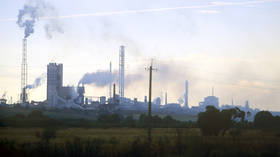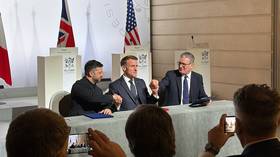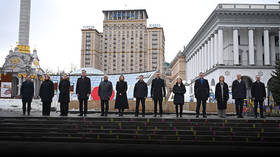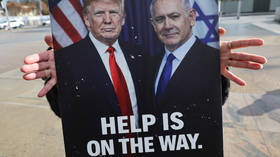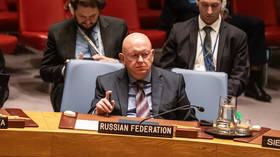‘BBC bias’: EU referendum coverage to be independently monitored by watchdog
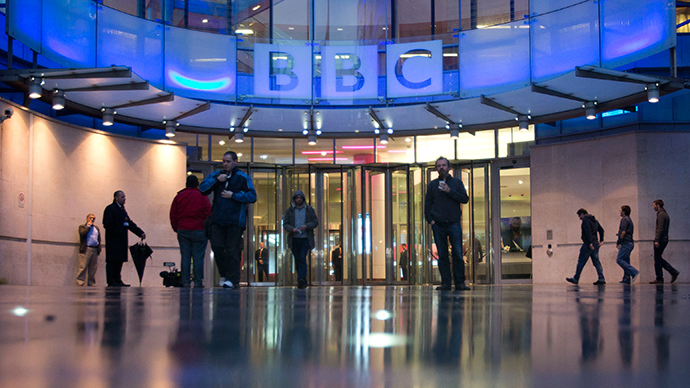
The BBC could be legally compelled to remain impartial throughout Britain’s EU referendum campaign, following new broadcast regulations tabled by backbench MPs.
Backbench Tory MPs including Bill Cash, John Redwood, Peter Bone and Christopher Chope are calling for the majority Conservative government to appoint an impartial adjudicator to rule on cases of alleged broadcasting bias throughout the campaign.
The newly formed watchdog would monitor all broadcast output throughout the campaign in the run-up to the in/out referendum, the Telegraph reported on Wednesday.
READ MORE: EU referendum bill ‘based on nonsense and contradiction’ – Salmond
READ MORE: BBC admits Israeli defense minister interview breached impartiality rules
READ MORE: Pro-Israel bias: BBC admits editorial breach in interview with Israeli defense chief
READ MORE: Tories ‘at war’ with BBC? Future of state broadcaster unclear under Conservatives
The independent broadcast regulator would strive to turn around judgments on allegations of bias within 24 hours.
Prime Minister David Cameron has vowed to hold the vote on Britain’s EU membership before the close of 2017. It’s predicted the referendum will be enshrined in law before December 2015.
A number of amendments to the tabled vote will be debated in the House of Commons later this month.
They seek to prevent the government from scheduling the referendum on the same day as local elections, and stop civil servants from disseminating pro-EU documents in the run-up to polling day.
Scotland’s former First Minister Alex Salmond has attacked the Conservative Party’s European Union Referendum Bill, claiming the manifesto pledge is “based on nonsense and contradiction.”
Salmond also said the referendum proposal “contradicted” Prime Minister David Cameron’s beliefs. “Nobody actually believes that Cameron wants a referendum,” said Salmond, adding the vote could be used as a taxpayer-funded political tool.
UK parliamentary watchdog, the European Scrutiny Committee, found in a report published in March that the BBC’s coverage was biased. It added the state broadcaster was failing to deliver on its promise to cover European affairs impartially.
The report warned there were “deep concerns” about the breadth of topics investigated by the BBC. It suggested this lack of impartiality runs contrary to the public interest.
Then-Committee chairman Sir William Cash accused the state broadcaster of attempting to “condition” advantages for a Yes vote.
“This is denied by the government but the sense of the House is otherwise and we have seen this before on all EU matters,” he said following the report’s release.
He added: “The broadcasting impartiality clause would need to be in place during the referendum itself and provide independent adjudication and correct any justified complaint within one day.”
In late May, the BBC reached a “provisional finding” to uphold complaints made by Palestinian activists that the broadcaster breached its editorial guidelines in a “soft” interview with the Israeli defense minister.
Complaints focused on BBC journalist Sarah Montague’s alleged failure to challenge controversial claims made by Israeli Defense Minister Moshe Ya’alon.
The BBC has also been accused of bias relating to its 2015 general election coverage.
In early June, the Corporation’s director of news flatly denied allegations its coverage of the election was biased, insisting it was "scrupulously impartial."
"The fabled left-wing bias" was "unfair and unfounded," BBC news chief James Harding said of the allegations.
Harding added the claims were "hard to take seriously" given the Conservatives’ electoral victory.
He said claims the BBC’s is too right-wing are "equally implausible."


